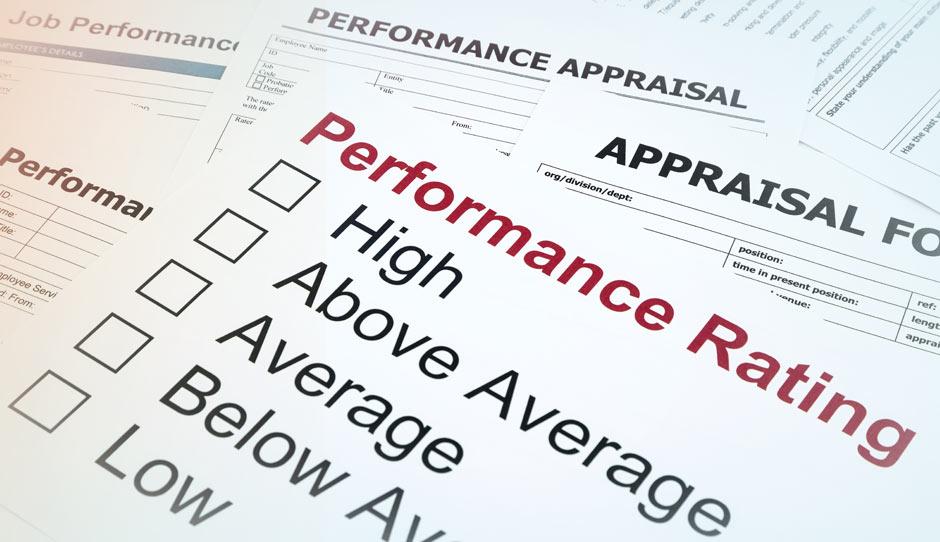Appraisals - A Platform of Opportunity
- BY MYB
 In Manage & Grow
In Manage & Grow 1545
1545 0
0

At a recent HR event, when the discussion came to appraisal policies, attendees were seen stirring in their seats awkwardly. Isn’t it unbelievable that even in today’s open organizational culture, ‘appraisals’ still remain a taboo dreaded by both, employees and managers. So, what is this drama surrounding appraisals and why?
Several reasons come to mind. An appraisal is a time-consuming and an expensive exercise. It is essentially a process where employees are selling their achievements to managers. These managers in turn don’t want to be held responsible for their employees not getting a raise or bonus. Additionally, it is a dull exercise for employees who have to fill lengthy forms and for the managers who have to review them. In a nutshell, it is a stressful exercise that reduces productivity and leads to unnecessary office politics.
Employees typically consider appraisals as that time of the year when they will be punished for their shortcomings and deficiencies. This negative perspective can change only if the organization focuses on helping employees build on their strengths and improving their weak areas instead of just highlighting them.
In an appraisal meeting, it is common to hear a line manager say “You missed deadlines often this year. You need to improve your efficiency”. Now flip the statement: “You missed deadlines often this year. How do think we can support you to improve your efficiency? Do you think attending a course or a seminar will help you upgrade your skills? Can the organization provide the team with some infrastructure or resources?” Engaging employees in such constructive discussions will boost their morale and motivate them. It will also give managers insights into the current state of business and areas for improvement.
Appraisals should not be viewed as an annual scoreboard of employee performance ranking. Instead, it should be viewed as an ongoing platform for open dialogue, discussion and an opportunity for organizations to bring about change and growth. It is time to move away from traditional appraisal techniques and make it more meaningful to employees and organizations alike.
For that, organizations need to chalk out the desired result of appraisals. It could be mapping employee contribution to the financial growth of the business, or to their future career development, or just simply an open discussion about improvement areas.
Once there is clarity on the objective, an approach should be designed that works best for achieving the objective. Maybe, apprising managers of this end goal can help them do an effective appraisal. Involving employees and getting their feedback on an employee forum might provide fresh ideas. If the demographics of the business tilt towards younger tech-savvy employees, formal methods of appraisal could probably be ditched for informal ones. Alternatively, there could be varied appraisal approaches across different business units. There is no ‘one size fits all’ approach to appraisals. The critical thing is to plan effectively and ensure that the plan is implemented.











